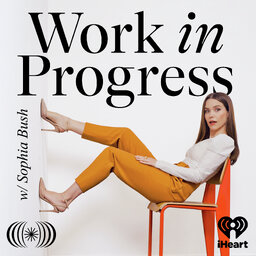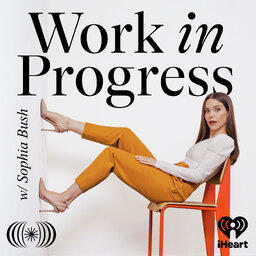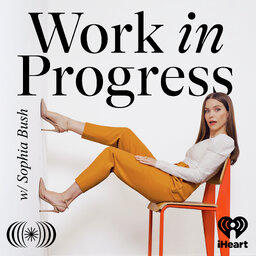Jen Psaki- Part 2
We kick off our first episode back with former White House Press Secretary and host of one of the most-watched news programs on MSNBC, Jen Psaki.
Jen joins Sophia to discuss her journey to the White House, putting her neck on the line for her beliefs and the news sources she trusts the most.
Plus, Jen talks about what she wants audiences to get out of her show, what you should know going into the next election, and she weighs in on the concerns over Biden's age.
In 1 playlist(s)
Work in Progress with Sophia Bush
Work in Progress with Sophia Bush features frank, funny, personal, professional, and sometimes even …Social links
Follow podcast
Recent clips

Work in Progress: Jeannie Mai
55:24

Work in Progress: Mika Brzezinski
1:01:11

Work In Progress: Sophia answers fan questions
23:52
 Work in Progress with Sophia Bush
Work in Progress with Sophia Bush